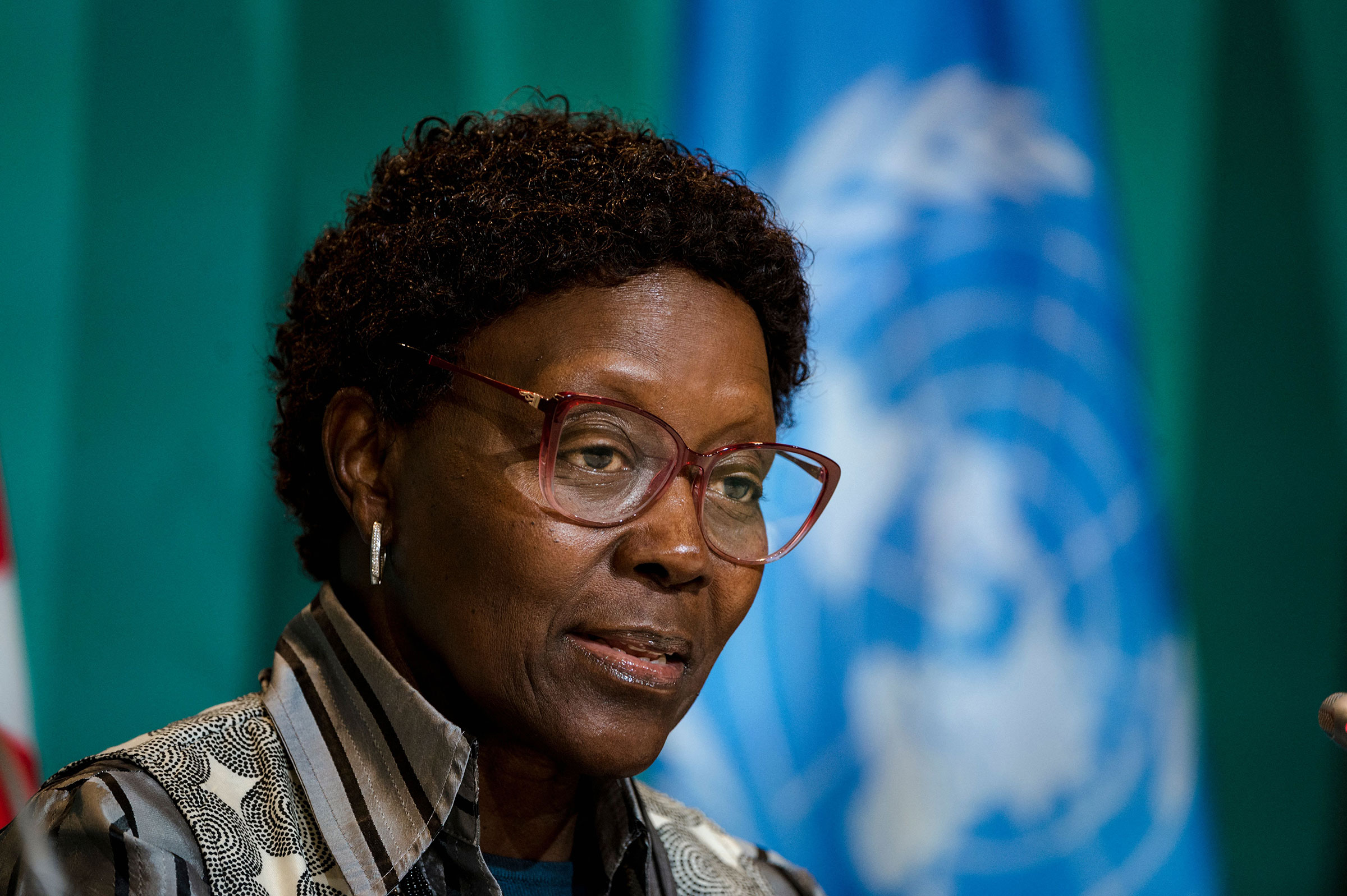In December, Elizabeth Maruma Mrema led the world’s countries to one of the decade’s biggest environmental wins—an agreement to conserve or restore nature on 30% of the world’s lands and waters by 2030. Then the U.N.’s executive secretary of the Convention on Biological Diversity, Mrema shepherded the deal, overcoming vast differences among 195 countries’ negotiators. The agreement, which is not legally binding, will in theory help boost finance for developing countries, phase out subsidies that harm nature, and protect the rights of Indigenous communities.
But Mrema’s work is far from over. Now the U.N. Environment Programme’s deputy executive director, she is co-leading a task force working on standardizing how businesses account for their impact on nature. Experts say the financial framework stands to accelerate efforts to protect the planet.
Nugent is a TIME staff writer
- Cybersecurity Experts Are Sounding the Alarm on DOGE
- Meet the 2025 Women of the Year
- The Harsh Truth About Disability Inclusion
- Why Do More Young Adults Have Cancer?
- Colman Domingo Leads With Radical Love
- How to Get Better at Doing Things Alone
- Michelle Zauner Stares Down the Darkness





